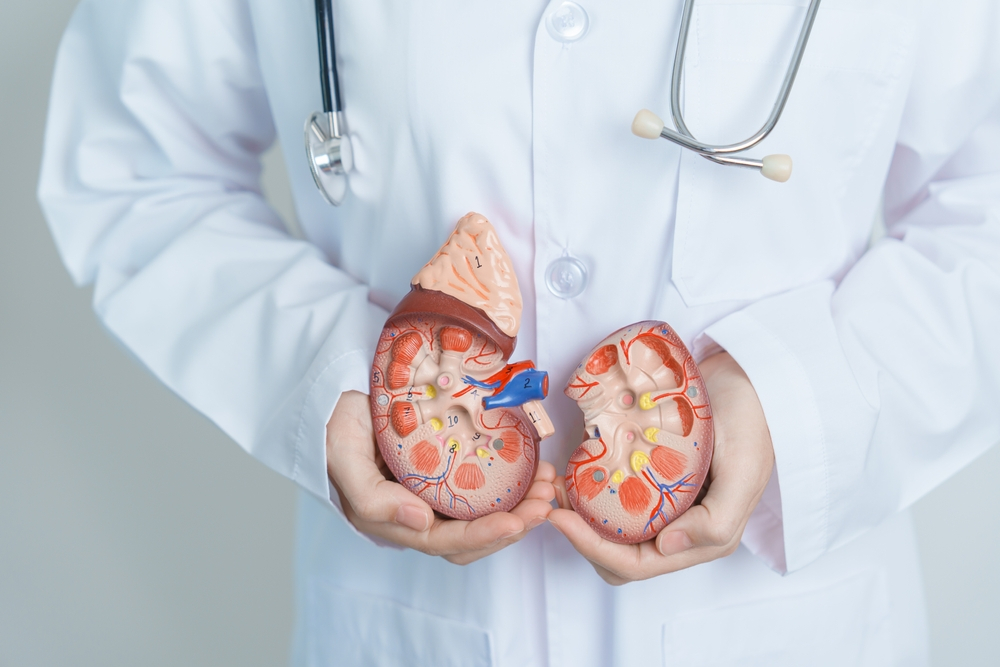



Kidney stone disease is a disease that is frequently encountered in Turkey, especially in the South and Southeastern regions, and is very painful for patients and frequently causes patients to go to the emergency room. It must be treated immediately because it causes pain. There are different methods for treatment:
Numerous surgeries performed successfully
Hundreds of cancer patients regained their health
Hundreds of patients regained their health as a result of kidney stone surgery
Numerous national and international publications in reputable medical journals
Percutaneous Nephrolithotomy: It is the process of removing kidney stones through an approximately 1 cm incision made in the back area. It can be applied in different ways, standard and mini percutaneous.
Mini Percutaneous Nephrolithotomy: It is a form of percutaneous kidney stone surgery performed using laser through a smaller incision. Pain and bleeding are less, and return to normal life is quicker.
Flexible URS: It is a procedure performed to clean relatively smaller stones in the kidney, in which the stone is broken with a laser without making any incision by entering through the urinary tract.
Laparoscopic Surgery: It is the process of removing the stone in one piece by laparoscopy in large kidney and ureter stones.
Open Surgery: It is a method that has not been used much in recent years, but is mostly applied to large stones.
Kidney stone symptoms usually occur when the stone begins to move in the urinary tract and show the following symptoms:
These symptoms are triggered by the kidney stone moving through the urinary tract. The size and location of the stone can affect the severity of symptoms.
The main causes of kidney stone formation include insufficient water consumption, excessive consumption of certain foods (for example, diets high in salt and protein), certain medical conditions (for example, metabolic conditions such as hyperparathyroidism), genetic predisposition, and the use of certain medications.
Additionally, excessive concentration of soluble minerals (calcium, oxalate, urate) in urine can also lead to stone formation. These factors trigger the formation of crystals in the urine, leading to the development of kidney stones.
Kidney stones form when minerals and salts dissolved in urine accumulate and crystallize. The most common types are calcium oxalate and uric acid stones. Insufficient water consumption, high-salt and protein diets, certain health conditions and genetic factors may contribute to stone formation. The size and shape of the stones vary. While small stones can usually be passed through urine, large stones can cause pain and obstruction in the flow of urine. Prevention is possible with adequate hydration and a balanced diet.
Comments about kidney stone surgery are generally positive, and patients state that the pain decreases after the surgery and the urination function returns to normal. The importance of adequate fluid consumption and healthy nutrition after surgery is emphasized. Patients state that they must follow the doctor's recommendations to prevent recurrence of stone formation. These comments indicate the effectiveness of the surgery and patient satisfaction. Contact our experienced team for more information.
